The COVID-19 pandemic and the origins debate: when the scientific becomes political
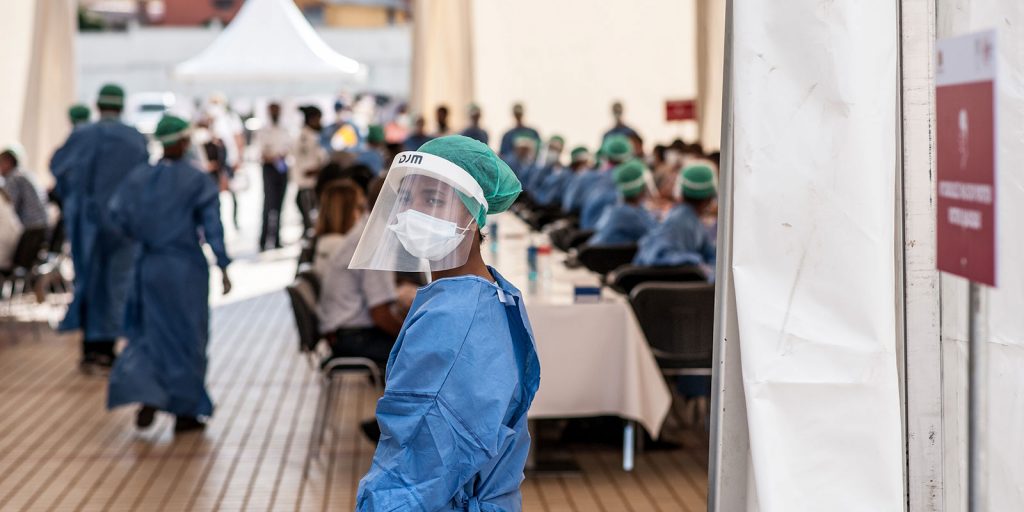
The COVID-19 pandemic has turned out to be a major crucible for globalization and the interconnected world order, and its multi-faceted impact has dwarfed World War II and the Global Financial Crisis in terms of both compound effects and shocks on a global scale.
COVID-19 Conflict & Resilience Monitor – 17 June 2021
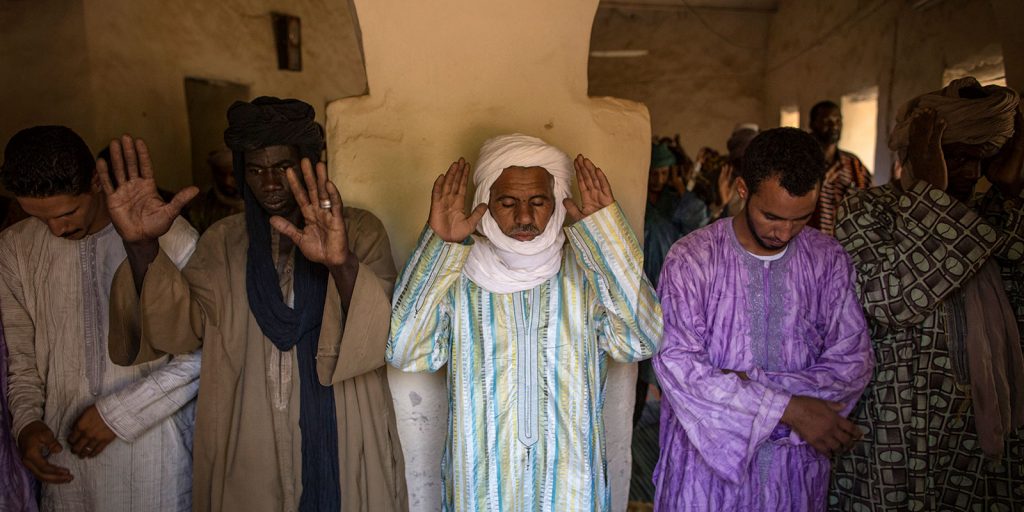
During the COVID-19 crisis ACCORD’s analysis is focused on the impact of the pandemic on conflict and resilience in Africa.
How to react to a Coup d’état – Lessons and Warnings from Mali’s recent coup
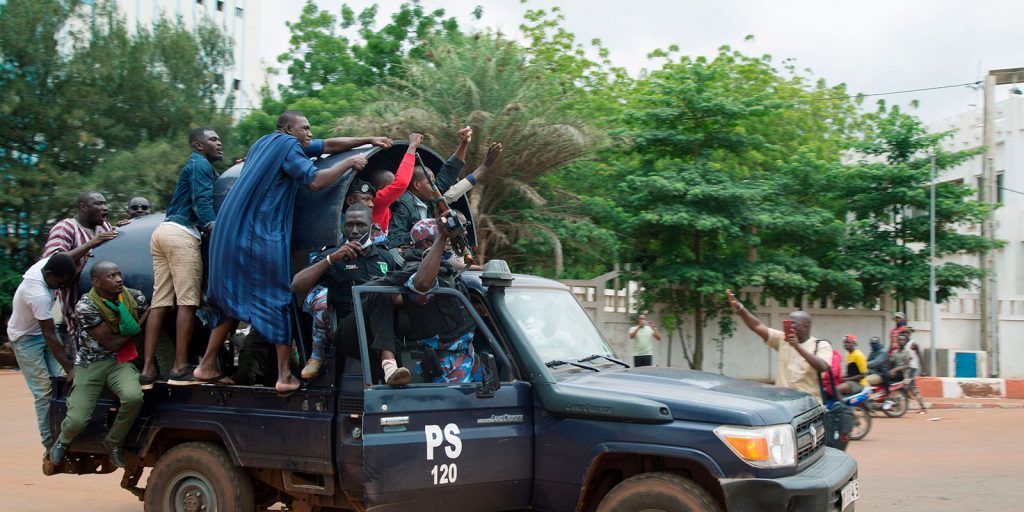
On 25 May 2021 Mali saw its second coup within less than a year. The developments in May presented an interruption in Mali’s transitional process that makes a successful transition less likely than ever. Mali is again at a crossroads.
The May 27 Agreement: Oasis or Mirage?
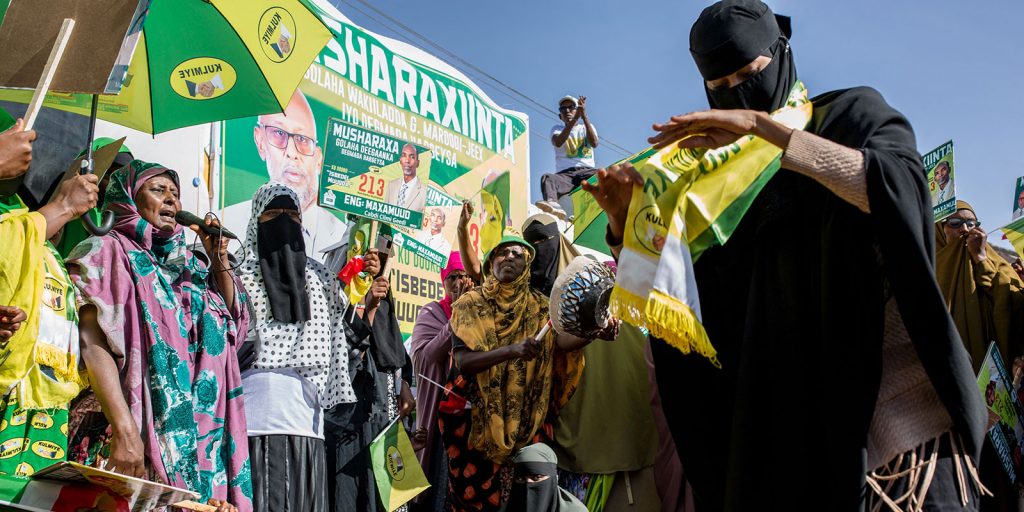
Somali leaders signed a landmark election agreement on 27 May 2021 in Mogadishu. Almost immediately afterwards a number of friends and constituents called me to ask why it had taken this long; why we had to go to the brink of armed conflict for them to sign, what, essentially, is a recycled version of the 17 September 2020 Agreement and the Baidoa Technical Team recommendations. How, they asked, could we be sure this agreement would not unravel, like so many agreements before it.
Mali’s Latest Coup d’état – a Geopolitical and Security Dilemma
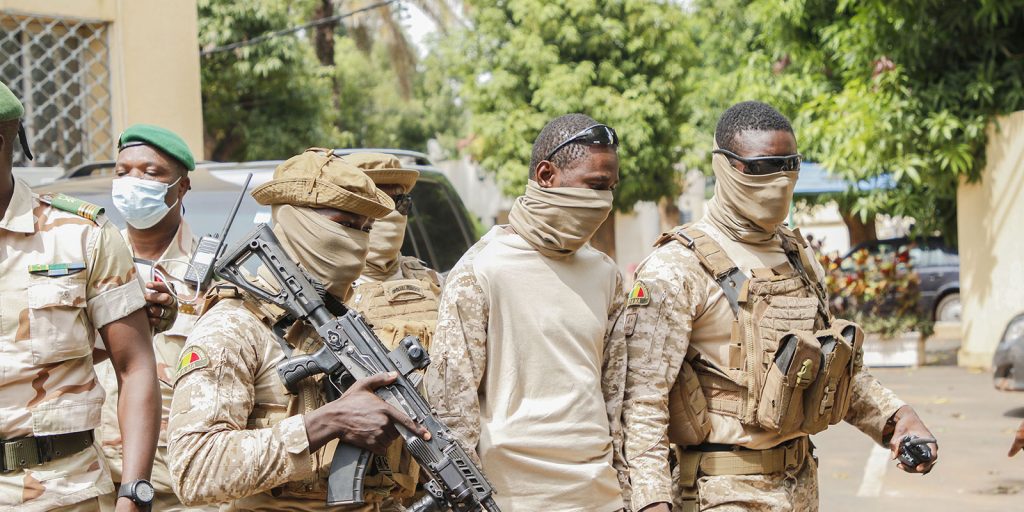
On the afternoon of 24 May 2021, the Malian Transitional President, Bah N’Daw, and his Prime Minister Moctar Ouane were arrested by elements of the Malian Armed Forces and taken to the Soundiata Keïta military camp in Kati. Wild rumours circulated in Bamako. Finally, the Malians were informed of the events that they have become used to for some time. They were wondering about this umpteenth coup d’état.
COVID-19 Conflict & Resilience Monitor – 10 June 2021
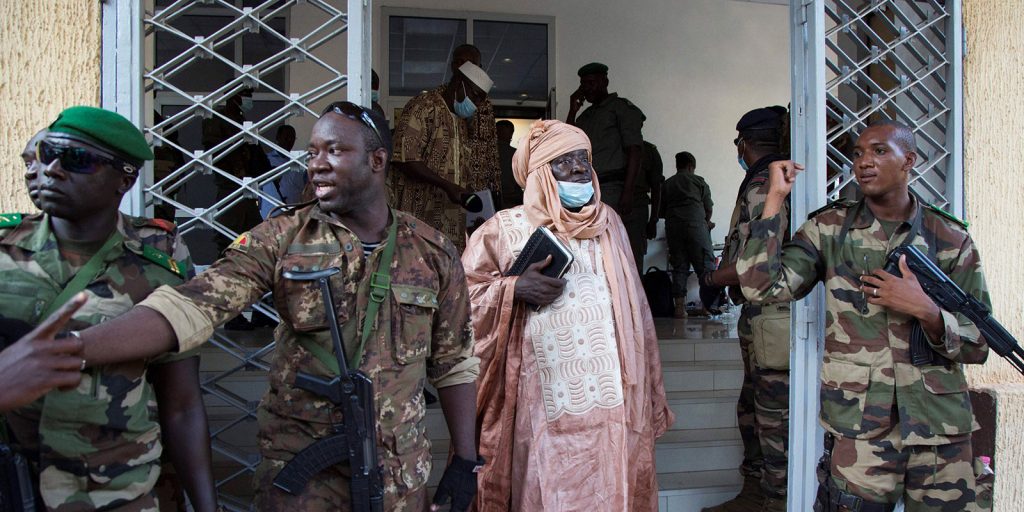
During the COVID-19 crisis ACCORD’s analysis is focused on the impact of the pandemic on conflict and resilience in Africa.
The Coup and Implications for Preventing Violent Extremism in Mali
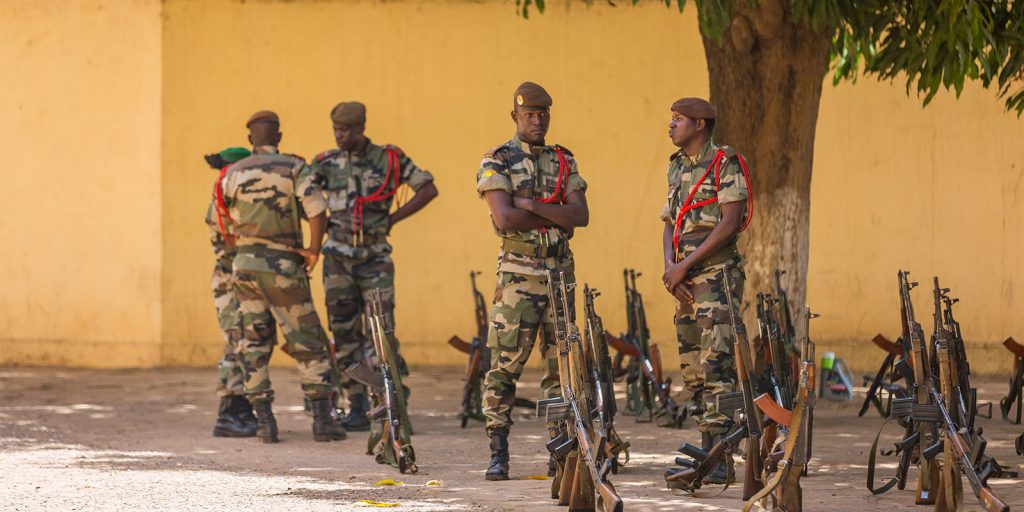
The coup d’état in Mali which occurred on 24 May 2021, the second in nine months, marks another critical juncture for the country. Mali continues to face a multi-faceted crisis: a resilient jihadist insurgency which is highly active in northern, central and increasingly southern parts of the country, communal violence and the rising prominence of self-defence militias.
Mali: MINUSMA’s mandate renewal in uncertain times
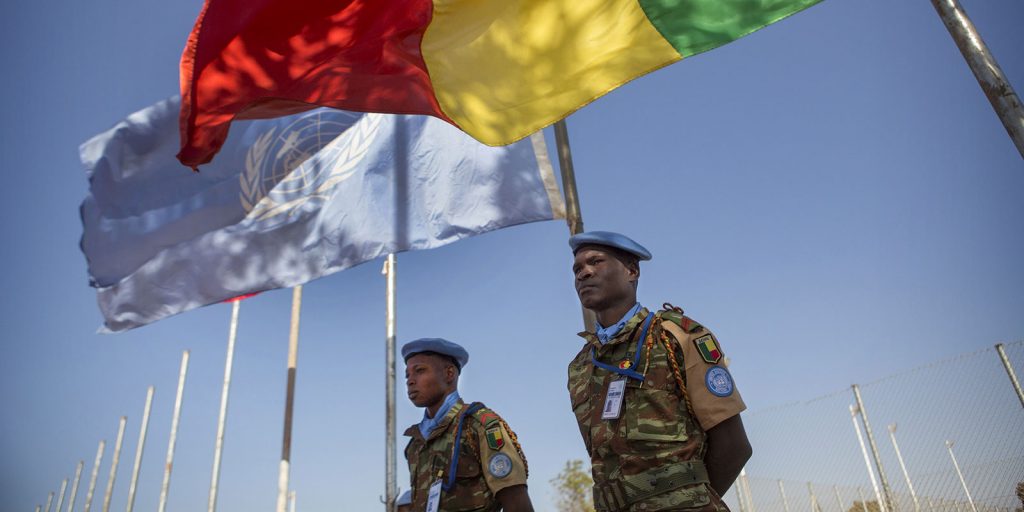
This month, the United Nations Security Council will renew the mandate of the 8-year-old United Nations Multidimensional Integrated Stabilisation Mission in Mali (MINUSMA) at a time of multiple transitions and great uncertainties, which we have analysed in this recent EPON report.
Climate change and violent conflict in Mali
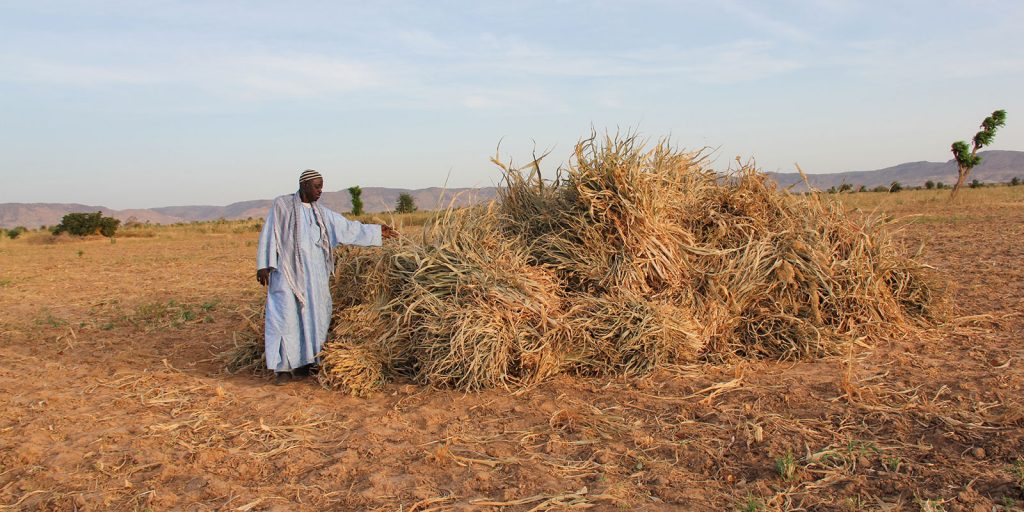
Since May 2020, violent conflict has killed 2,070 people in Mali. Insecurity has forcibly displaced more than 300,000 people, of whom 56 per cent are women. The drivers of Mali’s multiple conflicts are not arcane. Meaningful dialogues around poverty, marginalisation, limited livelihood opportunities, weak governance, political instability and more, can open doors to engaging with the community militias and armed groups that operate in the country. More reason, then, to ensure that the turbulent winds of climate change do not blow those doors shut.
Implications of Mali’s Latest Coup for Sahel and West Africa
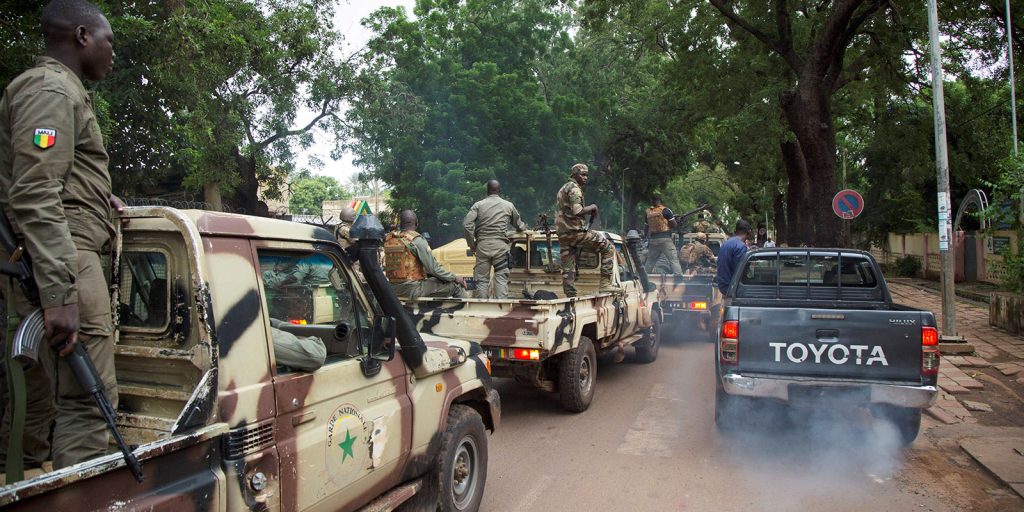
On 24th May 2021, news broke of yet another coup d’état in Mali, the third in the last decade following the 2012 and 2020 military takeovers. The ‘palace’ coup sees Col Assimi Goïta, yet again, seizing power in Mali and detaining transitional President Bah Ndaw and Prime Minister Moctar Ouane, after accusing them of failing in their duties and trying to sabotage Mali’s transition to democracy.
